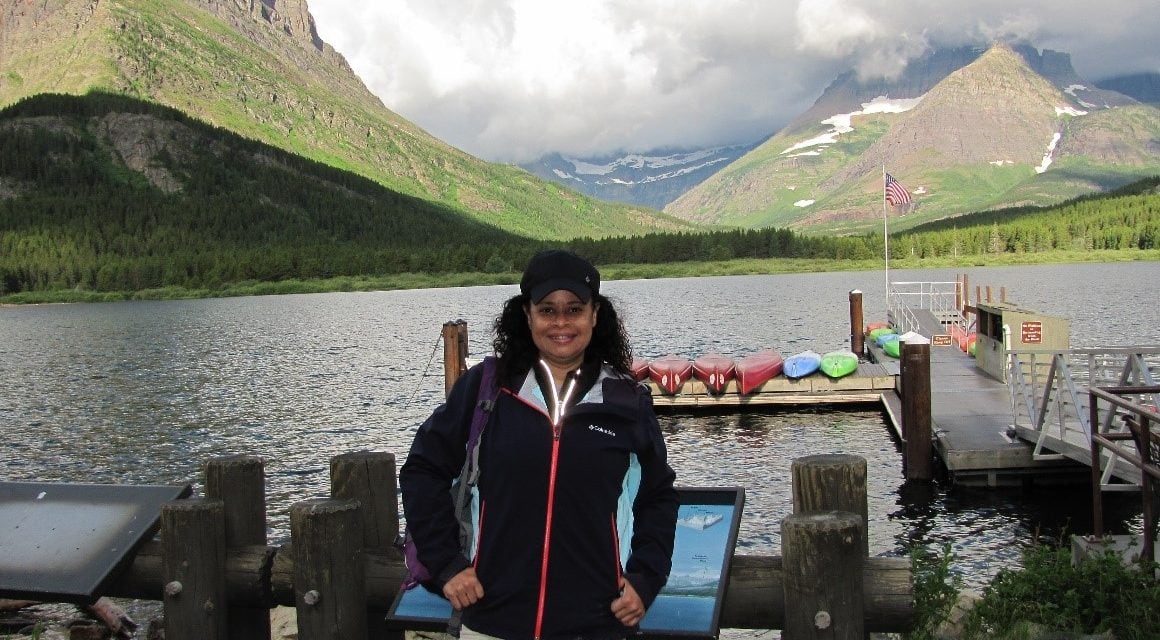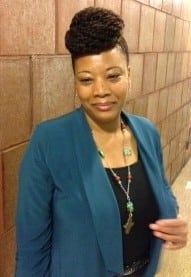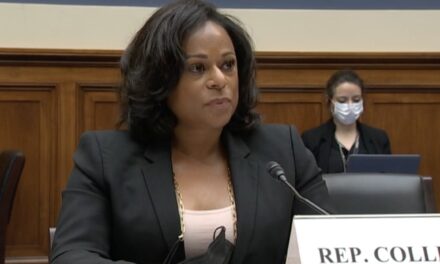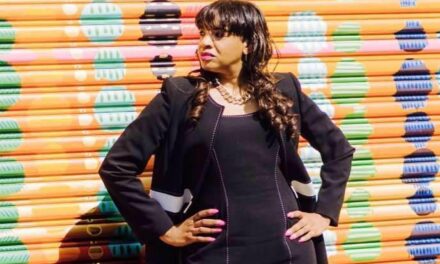The climate crisis may have a greater impact on black and poor communities. These four sisters are working to make a difference.
The deep connection that African Americans have to the environment is often left out of today’s discussions about climate change. Yet, there are black women fighting every day to help save the planet and create a healthier world.
Black History Month is the perfect time to celebrate the contributions of these scholars and activists.
Exploring Our Spiritual Environmental Heritage
The Rev. Dianne Glave, PhD, is an advocate and writer whose work makes clear the powerful link that we, as African Americans, have always had to nature and how it has helped us thrive. Her book, Rooted in the Earth: Reclaiming the African American Environmental Heritage, was a pioneering historical exploration of our relationship to our ancestral African homeland; the values of the farming techniques we used to survive during slavery and reconstruction; and how Harriet Tubman and Nat Turner used nature to aid in the walk to freedom. She considers her work black environmental liberation theology.
Glave says that she, like many African Americans is “concerned about climate change and its impact.” She expresses concern that, “young white people are often highlighted for their work against climate change, while women of color are involved too, but not lifted up.” She sees racism in the idea that African Americans are not interested in the health of our planet.
Raising Awareness for the Children of Flint
Mari Copeny is a 6th grader also known as Little Miss Flint. At the age of 8, Copeny could be seen waiting in the halls of Congress to make her case with her mom by her side. She also made sure President Obama received a letter about her concerns about the residents of her home, Flint Michigan, in the wake of the water crisis. Her advocacy — which focuses on environmental racism — continues. Since 2016, she has raised $500,000 for school supplies and clean water for children in Flint.
Building a National Black Coalition to Address Climate Change
Rue Mapp is the founder of Outdoor Afro. The organization began in 2009 as a passionate blog meant to bring together black people who wanted to reconnect with nature. Today, Outdoor Afro’s national network of 50,000 member includes “advocating for reducing greenhouse gases and ensuring that no community disproportionately carries the costs of climate change” in their mission.
Advocating for Environmental Justice
Peggy Shepard is the co-founder and executive director of We Act for Environmental Justice. The We Act story is a perfect reminder of just how long black Americans have been in the forefront of the fight to protect the environment. The organization was founded in 1988 by community organizers determined to address environmental racism in West Harlem, NY. Under Shepard’s leadership, the group has successfully combined grassroots organizing, environmental advocacy, and environmental health community-based participatory research to become a national leader in advancing environmental policy and the perspective of environmental justice in urban communities.
Organizing to Fight Environmental Risks
Lindsay Harper is the executive director of the Georgia WAND Education Fund, Inc., a grassroots, women-led, multiracial organization. The group works to bring rural and urban residents together to address climate challenges posed by nuclear energy, fossil fuels, and environmental contamination.












